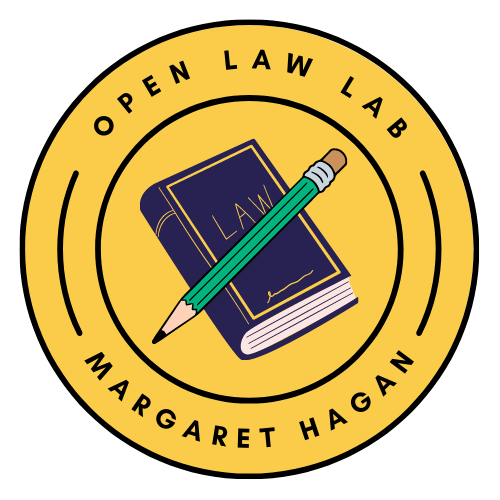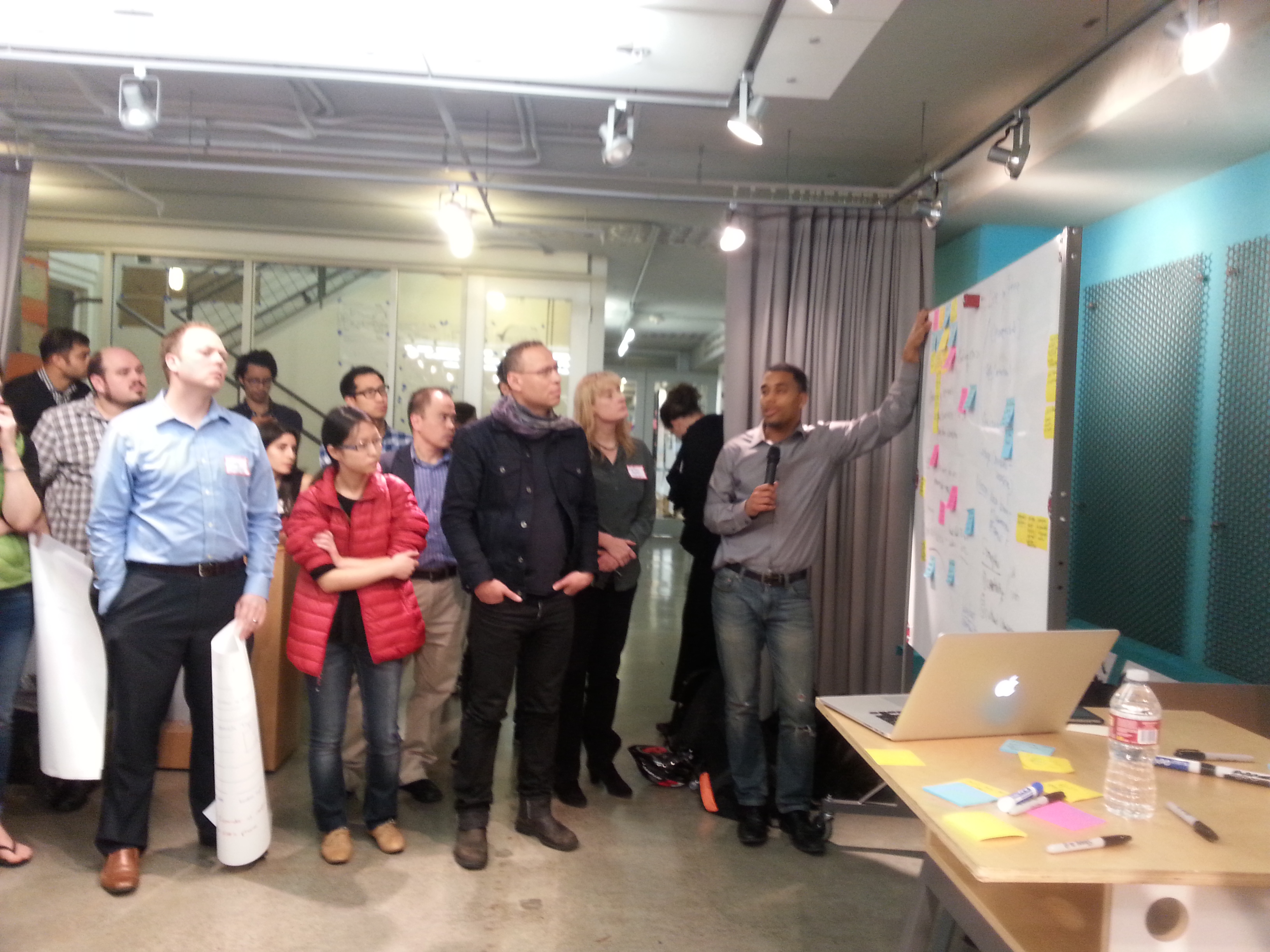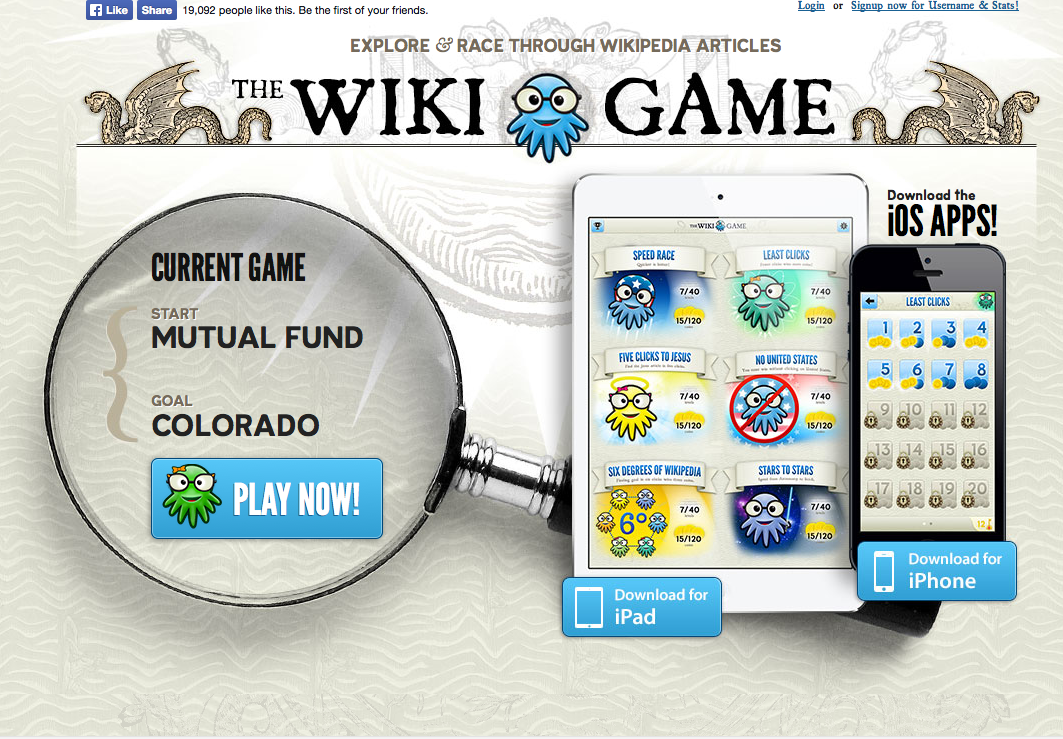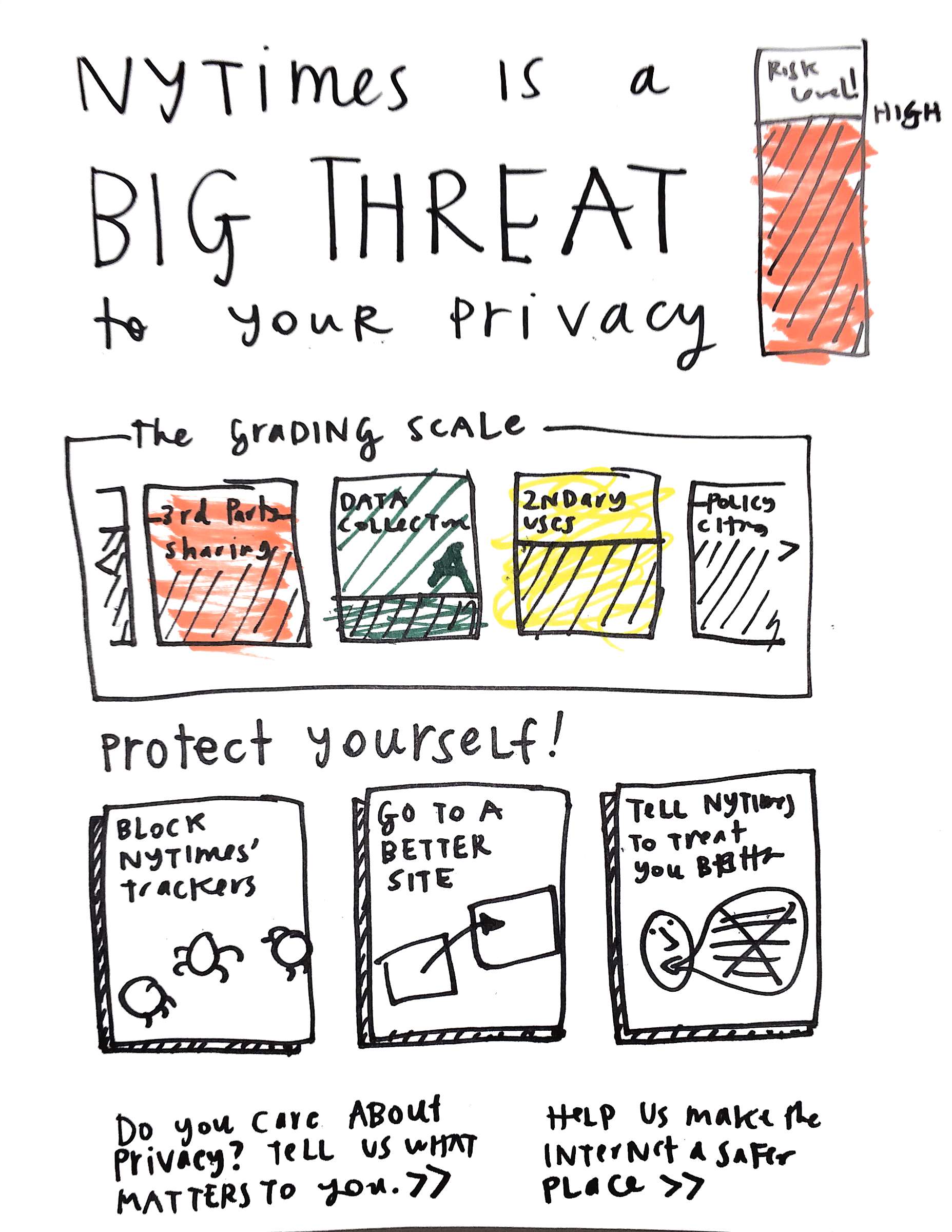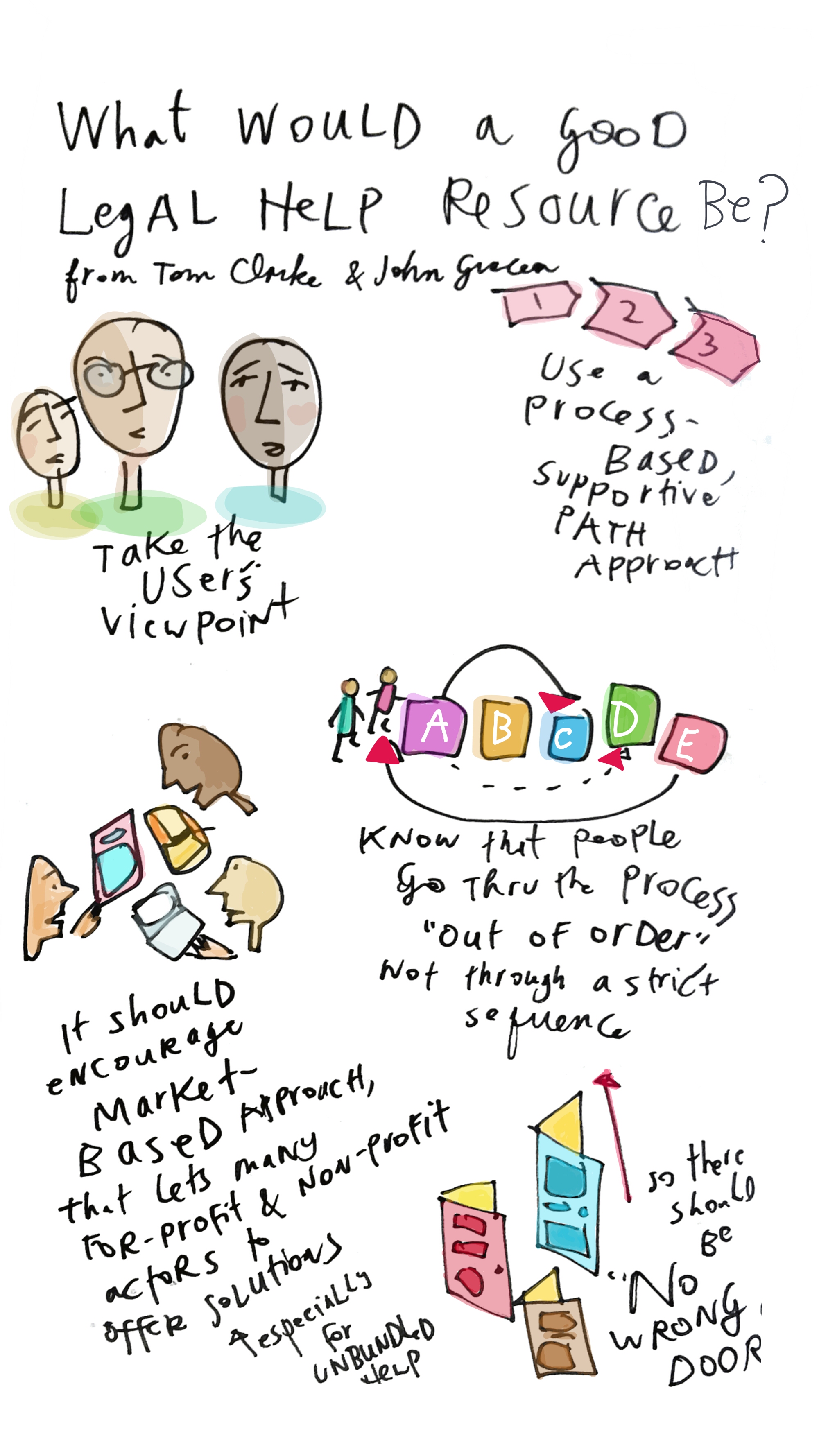Last week, I was a facilitator at a Shaping Davos design thinking workshop at Stanford’s d.school. Several local non-profits had brought some big social impact challenges they’re facing — around gentrification, housing, food waste, community-building, and information access.
Then small groups of engineers, public policy-makers, business people, lawyers, entrepreneurs, and other professionals spent 2 hours brainstorming & prototyping possible solutions to these challenges. Our goal wasn’t to solve the problem then and there, but rather to start scoping target areas for future work and laying out promising directions for solutions.
I was working with Wikimedia (the non-profit that runs Wikipedia among other projects) on the challenge of how it can get more content from more kinds of people — especially people in the Global South — included on Wikipedia.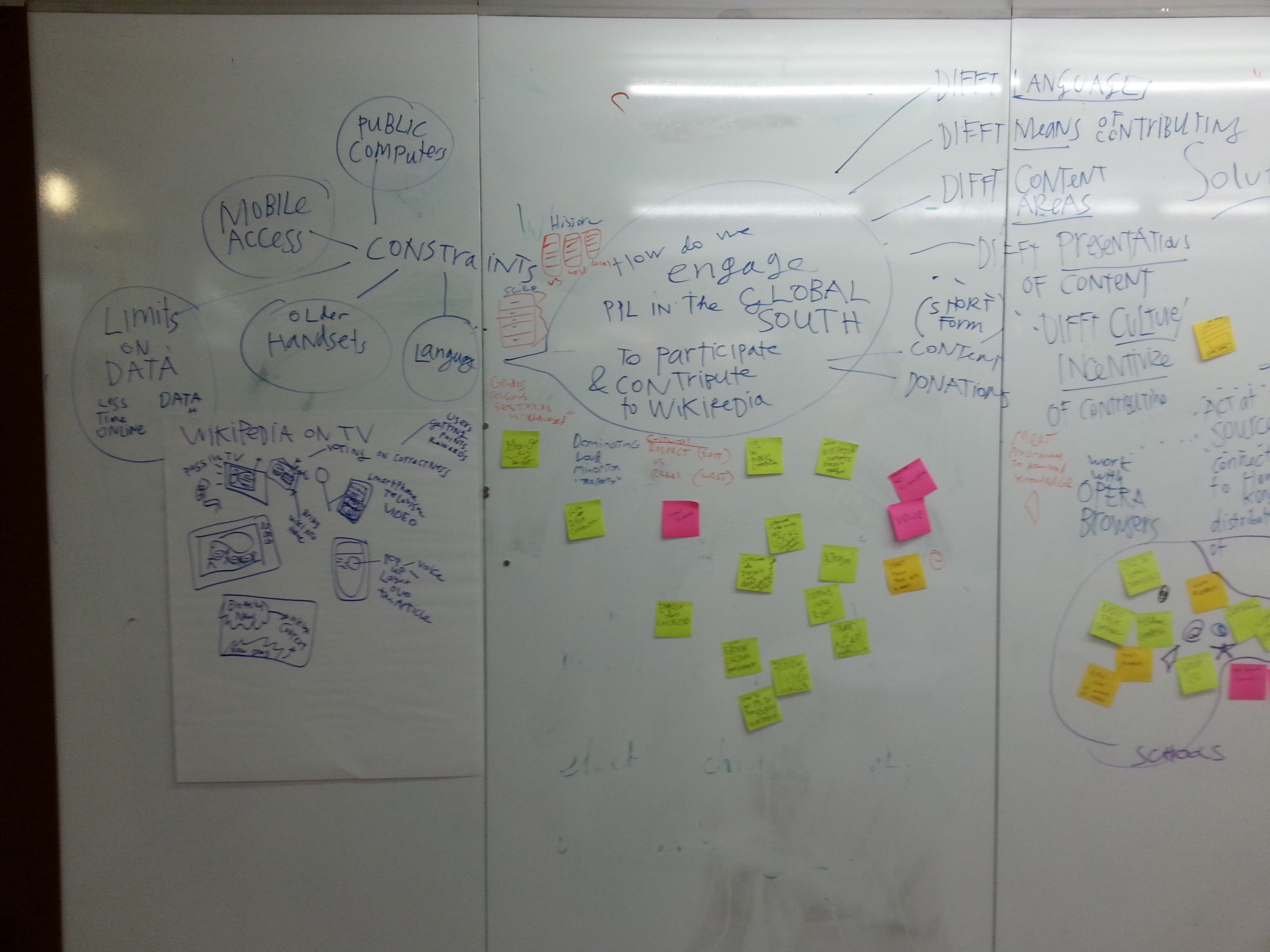
The group ended up generating some interesting ways to make contributing to Wikipedia more lightweight, multimedia, and interactive. Many of them tied back to work I had done a few years ago on how the UN could support more communication & knowledge-sharing among refugees. But the really interesting conversation happened after the official event ended, and I got to speak to the UX designer from Wikimedia who was attending the event.
I inquired about how we might be able to get more legal content onto Wikipedia. Since my main focus these days is how the Internet can be a better legal service-provider, I have been thinking of how to rope Google & Wikipedia into more thoughtful efforts to show high-quality, localized, responsible legal information to lay people searching online about legal problems.
If Wikipedia entries are nearly always the top hits of a Google Search — and especially as their content is given prime real estate in highlighted boxes on many searches thanks to Google’s Knowledge Graph — wouldn’t it be wonderful if there were more high quality Wikipedia entries on legal matters?
I’m thinking especially of 2 use cases, where legal content on Wikipedia could be terrifically helpful:
- The law student who is trying to learn concepts, cases, and theories — and wants to do this with online content and references rather than the standard case book. (This was me as a law student — I was so disappointed to see how little legal commentary and expertise Wikipedia had to offer on what I was studying).
- The lay person searching for context & orientation for a legal problem that has cropped up in her life. She is not necessarily looking to file papers, find a lawyer, or take any other concrete step along a legal process. Rather, she is trying to get literate in a legal topic & start to understand what this part of the legal world is about — and hopefully find links to jurisdiction-specific materials, if not actual legal providers.
Talking with Wikimedia’s UX designer, it seems there are several ways to get higher quality legal content onto Wikipedia, for both these types of users.
- Get active inside the WikiProject Law to direct the creation of more legal content
- Create a game experience over Wikipedia to feed and edit more content
- Make Wikipedia content creation part of law school curriculum
One way is to be active inside the WikiProject on Law. This is a collection of Wikipedia users who are trying to generate more quality content about law — covering everything from public policy to philosophy as it relates to law. 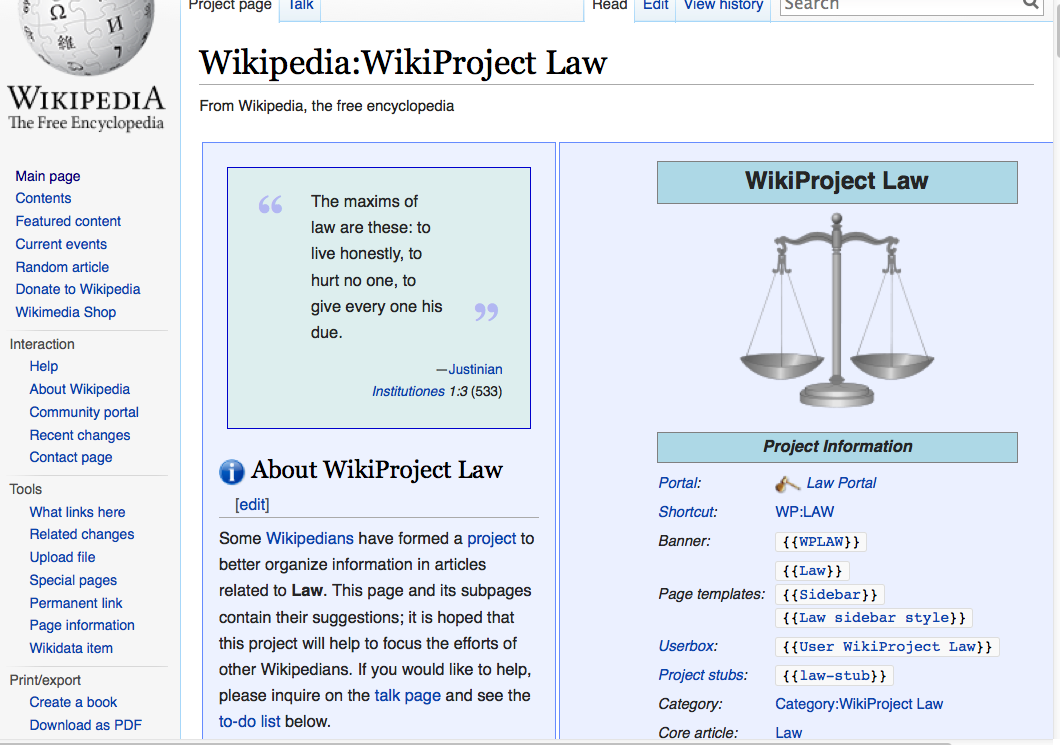
If I — or you — wanted to join this WikiProject, we could help set out an agenda of what kind of legal pages should be created, and what the priority for content development should be. The community is open to applications. New members can add to the group’s collective to-do list & direct content creation.
Another possibility for getting more law on Wikipedia is to build a new interface or app on top of Wikipedia. One model for this is The Wiki Game. A 3rd party developer built a web & app game on top of Wikipedia, that allows for content-consumption & -creation via quick, lightweight games.
This kind of venture would take some more work & inspiration. What would a gamefied experience of getting people to submit legal content to Wikipedia look like? Or could we gamify the checking, tagging, and editing of possible legal content? There could be a very engaging experience here, but I don’t have any precise thoughts on how something like ‘The Wiki Game’ could be adapted to legal content.
And the final idea — probably fairly feasible — is to integrate Wikipedia content creation into law school curriculum. Could 1Ls be assigned the creation of Wikipedia articles for the topics and cases they’re studying? It would be nice to see all of law students’ study material be made open-source and usable by the crowd online.
